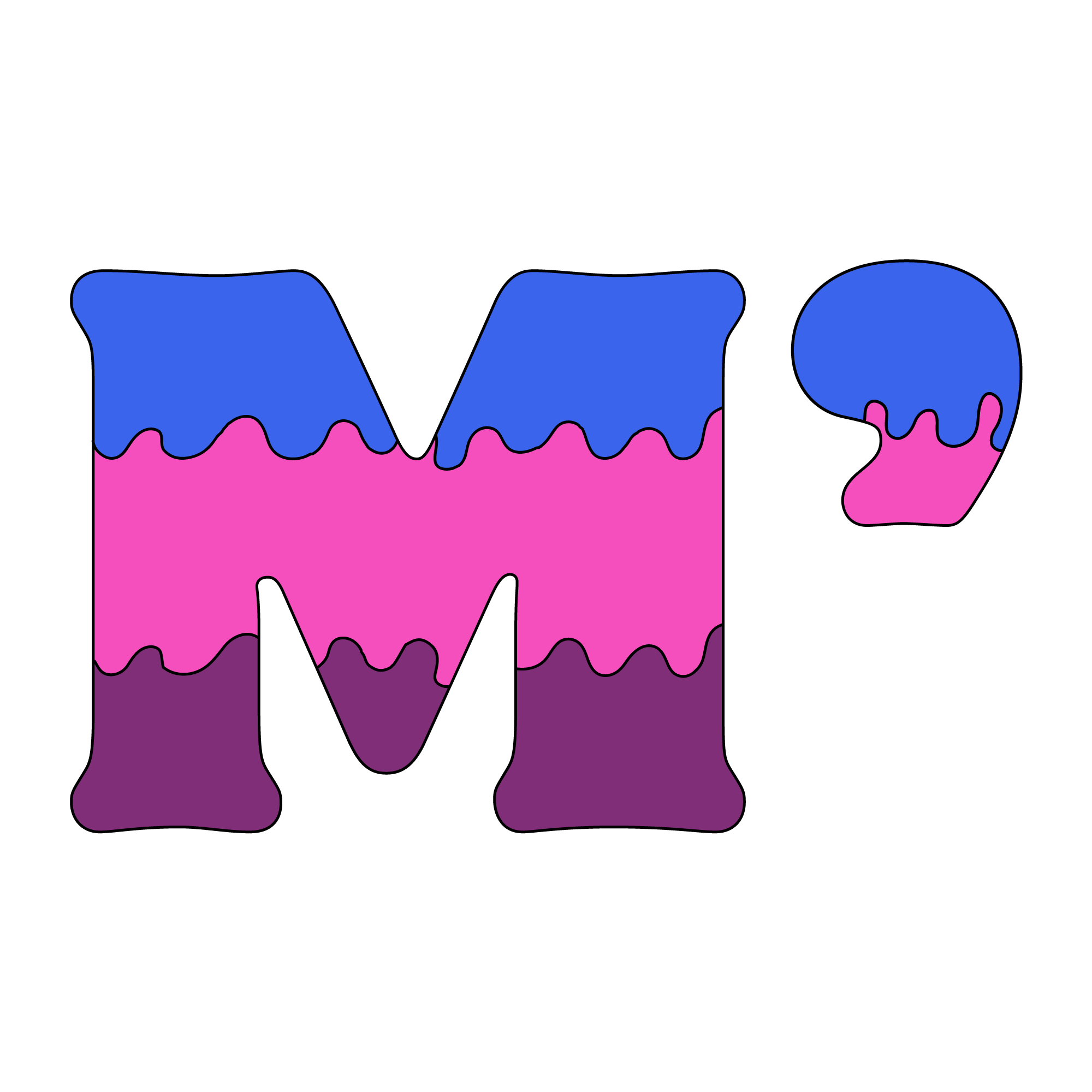In early 2023, a groundbreaking shift in drug policy occurred in British Columbia (B.C.), Canada, as Health Canada granted the province an exemption from the Controlled Drugs and Substances Act. This exemption, effective until January 31, 2026, means that adults in B.C. are no longer subjected to criminal charges for the personal possession of small amounts of certain illegal drugs. This policy change did not legalize these substances but decriminalized the possession of small amounts (2.5 grams or less) of opioids, cocaine, methamphetamine, and MDMA for personal use, aiming to tackle the province’s toxic drug crisis from a health-focused perspective rather than a criminal justice one.
Benefits of Decriminalization in B.C.
The benefits anticipated and observed from this policy shift are considerable. By removing the threat of criminal charges, the stigma around substance use decreases, which is crucial for encouraging individuals to seek help and access life-saving supports and services. The policy is backed by evidence from different jurisdictions, such as Portugal, where decriminalization has led to significant public health improvements and cost savings for the criminal justice system without increasing substance use rates.
Potential for the United States to Adopt a Similar Approach
The United States, grappling with its opioid epidemic and broader drug misuse issues, could look to B.C.’s model for inspiration. The potential benefits – reduced stigma, more individuals seeking and receiving help, cost savings for the criminal justice system, and a focus on public health – are appealing. However, the diverse political and legal landscape in the U.S., with its mix of federal and state laws, presents numerous challenges. Nonetheless, cities and states inclined toward progressive drug policies, like Oregon’s decriminalization of all drugs for personal use, indicate a willingness to explore similar approaches. Adopting such a policy at a federal level in the U.S. would require extensive dialogue, research, and bipartisan support, making an exact estimate for a rollout date challenging. If momentum continues, one might cautiously speculate such a shift occurring within the next decade.
Health Benefits and Happiness
The health benefits from such a shift in policy tend toward both the individual and societal. For individuals, removing the fear of criminal charges may facilitate earlier intervention, access to treatment and recovery services, and integration into community support systems. Societally, it means potentially less strain on the healthcare system with fewer emergency interventions and more focus on long-term health outcomes.
Moreover, the happiness quotient among those struggling with substance use disorders is likely to increase with such policies. Being treated with dignity, accessing support without judgment, and having a path towards recovery without the burden of criminal records offer a beacon of hope. For the broader community, it means healthier societies, with resources being redirected from criminal justice to health and social support networks.
Conclusion
British Columbia’s approach to decriminalizing personal possession of certain illegal drugs represents a bold move towards addressing substance use as a health issue rather than a criminal one. While it’s too early to measure all long-term outcomes, early signs suggest positive impacts on individuals’ well-being and public health. The United States, facing its drug crisis, could benefit from considering this model. However, the path to such policy shifts in the U.S. is complex and requires significant preparatory work, including aligning various stakeholders and ensuring robust support systems are in place. As we observe B.C.’s journey and its effects, it may well inform future debates and policy decisions in the U.S. and beyond, moving towards a more compassionate and health-focused approach to drug use.
